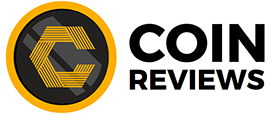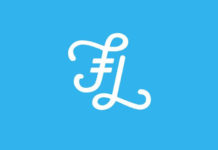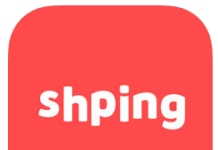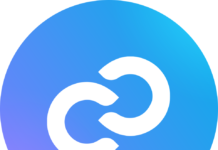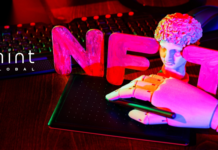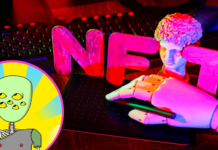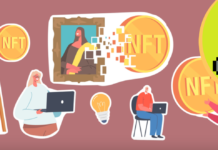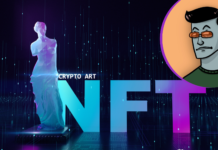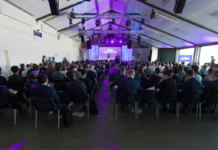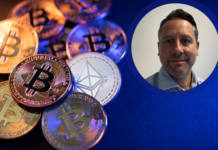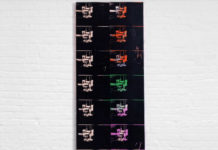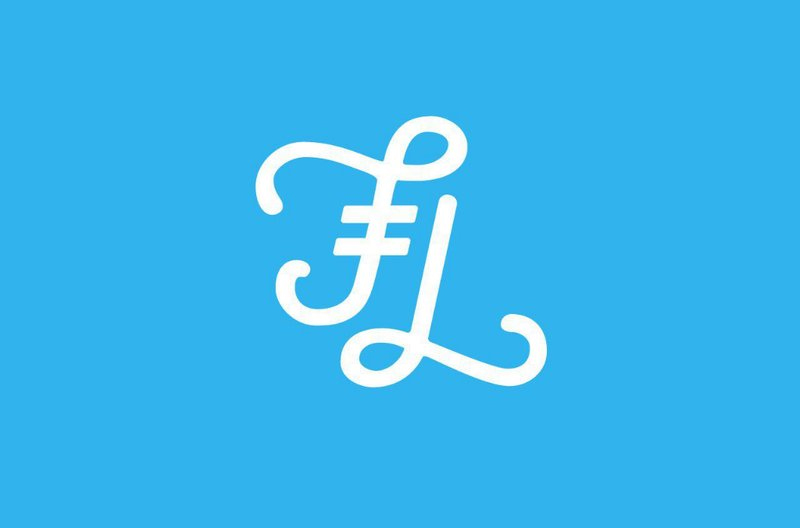
Imagine you’re a researcher studying people with autism.
Right now, there’s a lot that you can do, but even more that you can’t. For example, it’s difficult to share and compare data with other folks who are looking at your patients, since access to private health data needs to be strictly controlled. It’s difficult to give your patients all the tests you might like to, as many can be expensive and difficult to procure. And it’s difficult to find the bigger patterns that might really tell you something about the condition because the abilities of people with autism can vary widely, and data on them is locked up in thousands of different, separate, private data sets spread all over the globe.
It’s a real problem that hinders scientific research on autism, and the similar problems crop up across a lot of scientific disciplines. There’s a mountain of data out there, but it’s typically so fragmented and tied up in regulations that it’s virtually impossible for scientists to get a look at big chunks of it in the hopes of seeing the bigger picture. Many scientists want to share data, but a platform for doing so that allows them to be compensated fairly for their work and maintains the legal compliance standards typically required in scientific research simply doesn’t exist.
But it might soon.
Enter Frankl
Frankl.io is a platform that’s aimed at supporting open science and data sharing, using the power of blockchain to enable strict data privacy controls while also facilitating the fair exchange of data via a tokenized economy. The idea is that Frankl will create a variety of apps that can integrate into the existing workflows of scientists across various fields (the company’s initial focus is cognitive science). Tokens will provide access to the apps and also used as a currency to reward scientists who are sharing data on the Frankl platform. And since data stored on the blockchain is immutable, it will enable scientists to ensure that their data isn’t modified or compromised, and track a clear public record of who had access to what data so they can be sure data protection regulations aren’t violated.
The apps themselves could do all sorts of things. In its earliest phase, Frankl plans to start with app-based cognitive assessments that will make testing easier and more widely accessible for researchers. The test results from Frankl’s testing apps will then be available for sharing on the Frankl chain, allowing researchers to take much broader looks at the data and run much deeper analyses while still maintaining data privacy thanks to blockchain encryption. In the longer term, Frankl will open up access to its source code, allowing anyone to develop new apps and integrations on the Frankl chain and building a token-driven marketplace to support the open exchange of scientific data.
All of that scientific data will be archived automatically by Frankl’s applications, which will be capable of sorting public from private data and ensuring that all data is protected in accordance with legal standards. Metadata stored on the blockchain will link to the actual data stored off-chain, using solutions such as swarm distributed storage. Data requiring off-chain storage might include files that are both large (like long video files) and encrypted data unsuitable for public release.
The Frankl token
Why does Frankl need a token? There are a number of reasons, but one important one is that scientific research takes place all over the globe. Trying to track real-time exchange rates for hundreds of different fiat currencies would bog down the platform and preclude the kind of quick microtransactions Frankl needs to execute. Using a single token that anyone anywhere on the globe can exchange is simpler and faster. And of course, token transactions are trustless and transparent thanks to the fundamental nature of the blockchain.
The Frankl token will be pre-mined, with a fixed supply of 600 billion ERC20 tokens on the Ethereum blockchain. To fund further development of the platform and associated apps, the Frankl team is offering tokens to the public in an ICO, with a beginning pricing of 10 million Frankl tokens per 1 ETH and getting gradually more expensive as the sale continues. Tokens will also be purchasable with BTC, NEO, LTC, and fiat. The sale has a soft cap of 1,500 ETH and a hard cap of 90,000 ETH.

Backed by Science
Frankl’s goal and its ambitious are undoubtedly lofty, but the project’s viability is certainly bolstered by the pedigree of its team and backers. Its core team is a mix of science-trained academics and experienced developers of the web, app, and blockchain varieties. Its advisory board is a similar mix of science academics and tech experts in important fields like AI. That means that although Frankl still has quite a long road to travel before realizing its promise, it may have a better-than-average chance of beating the ICO odds and actually getting there.

